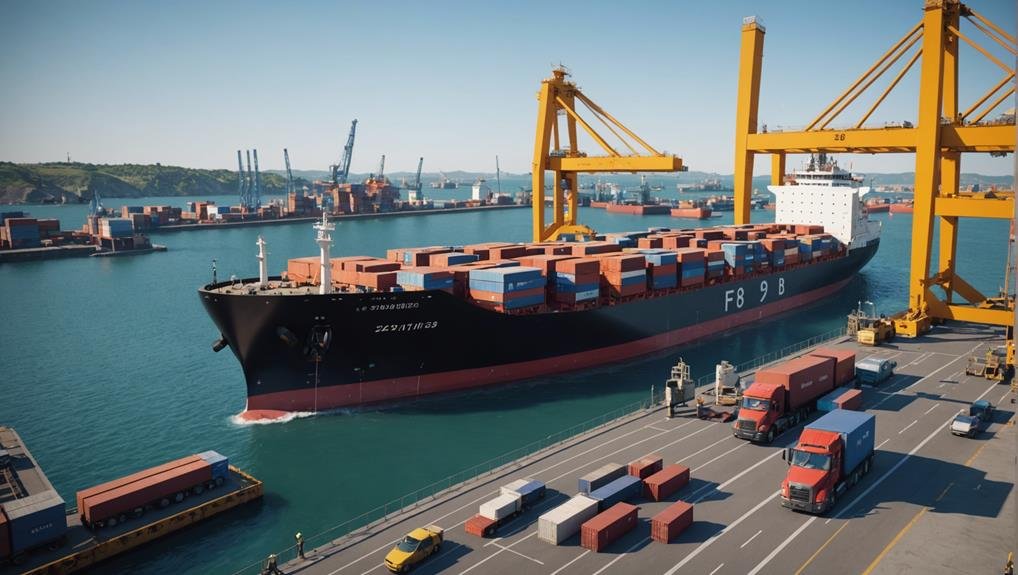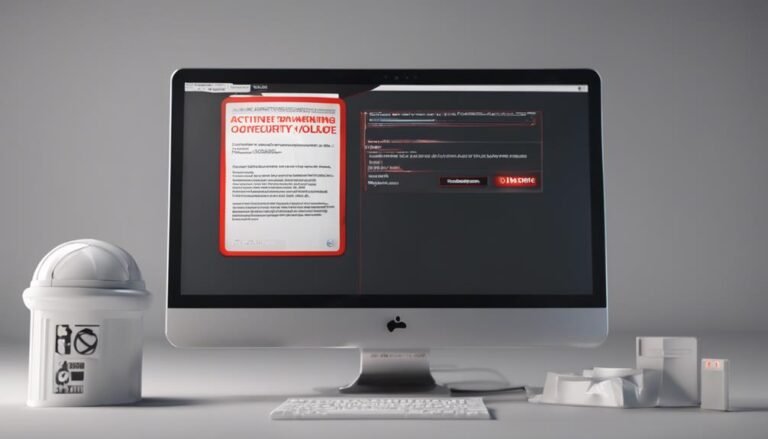Shipment Terms Demystified: Understand FOB for Shipping
Understanding Free on Board (FOB) shipping terms is essential for businesses in logistics and international trade. FOB defines ownership transfer, risk sharing, and cost responsibilities. FOB Origin shifts ownership and risk to the buyer upon shipment, while FOB Destination retains them until delivery completion. These terms impact accounting, cost management, and legal obligations. In international shipping, evaluating FOB risk and cost allocation is crucial. Proper understanding aids in decision-making for insurance, shipping methods, and logistics strategies. For detailed insights into FOB terms' significance and implications in different contexts, keep exploring.
Key Takeaways
- FOB terms determine ownership transfer and risk allocation.
- FOB Origin shifts risk to the buyer upon shipment.
- FOB Destination retains risk with the seller until delivery.
- Understanding FOB terms aids in cost management decisions.
- Proper FOB documentation is crucial for efficient logistics.
Importance of FOB Terms
Understanding the significance of FOB terms is crucial for businesses engaged in domestic and international trade to effectively manage ownership, risk allocation, and transportation costs during goods shipment. FOB terms play an important role in determining when ownership transfers from the seller to the buyer, impacting risk distribution and cost management.
Properly defined FOB terms clarify who bears the risk of loss or damage during transportation, ensuring that responsibilities are allocated appropriately. By clearly outlining these terms in purchase agreements, businesses can streamline their operations, minimize disputes, and optimize cost efficiencies.
Additionally, a thorough understanding of FOB terms enables businesses to make informed decisions regarding insurance coverage, shipping methods, and overall logistics strategies, ultimately contributing to smoother and more cost-effective supply chain management.
FOB Origin Vs. FOB Destination
When analyzing the distinction between FOB Origin and FOB Destination, businesses must consider how the transfer of responsibility impacts ownership, risk allocation, and accounting practices in domestic and international trade scenarios.
- Risk allocation: FOB Origin places the risk on the buyer once the goods leave the seller's location, while FOB Destination keeps the risk with the seller until delivery is completed.
- Ownership transfer: FOB Origin transfers ownership to the buyer when goods are shipped, whereas FOB Destination retains ownership with the seller until the buyer receives the goods.
- Accounting implications: FOB Origin impacts inventory and sales records differently than FOB Destination.
- Cost considerations: The choice between FOB Origin and FOB Destination affects shipping costs and insurance premiums.
- Legal implications: Understanding the legal responsibilities and obligations under each FOB term is important for compliance in trade agreements.
FOB in International Shipping
What key considerations should businesses keep in mind regarding the application of FOB terms in international shipping transactions? When dealing with international shipping using FOB terms, businesses must carefully assess the FOB risk and cost allocation. The FOB risk assessment involves determining when responsibility shifts from the seller to the buyer during transit. Additionally, understanding FOB cost allocation is vital for determining who bears the transportation costs, insurance fees, and other expenses associated with the shipment. To illustrate this further, consider the following table:
| Consideration | Description |
|---|---|
| FOB Risk Assessment | Determines responsibility during transit shift from seller to buyer. |
| FOB Cost Allocation | Involves deciding who bears transportation and other related costs. |
Impact on Company Accounting
Evaluating the impact of FOB terms on company accounting requires a meticulous examination of inventory valuation and revenue recognition practices.
- FOB accounting implications can influence when revenue is recognized and how inventory is valued.
- FOB Origin may lead to increased inventory costs as ownership transfers upon shipment.
- FOB Destination affects when sales are recorded based on goods reaching the buyer.
- Proper FOB inventory management is essential for accurate financial reporting.
- Understanding the nuances of FOB terms helps in aligning accounting practices with shipping responsibilities.
Seller Responsibilities and Documentation
Responsibilities pertaining to shipping and documentation for sellers encompass a range of essential tasks and obligations in the logistics process. Seller obligations involve paying expenses until goods are loaded, preparing goods for export, obtaining necessary licenses, packing goods appropriately, and providing required documentation.
Shipping paperwork, such as the Bill of Lading, plays an important role in international shipping by detailing the type, quantity, and destination of goods. Understanding the specifics of shipping terms like FAS, EXW, and DES is imperative as they assign distinct responsibilities to sellers and buyers in various shipping scenarios.
Compliance with these seller responsibilities and proper handling of shipping documentation are crucial for ensuring smooth and efficient logistics operations.
Conclusion
To sum up, grasping Free on Board (FOB) terms is essential for businesses to effectively manage inventory, shipping processes, and financial accounting practices.
By defining ownership, risk allocation, and transportation costs, FOB terms play a significant role in the logistics and supply chain management industry.
Just as a compass guides a ship through turbulent waters, FOB terms provide businesses with a clear direction in maneuvering the complexities of shipment terms.







